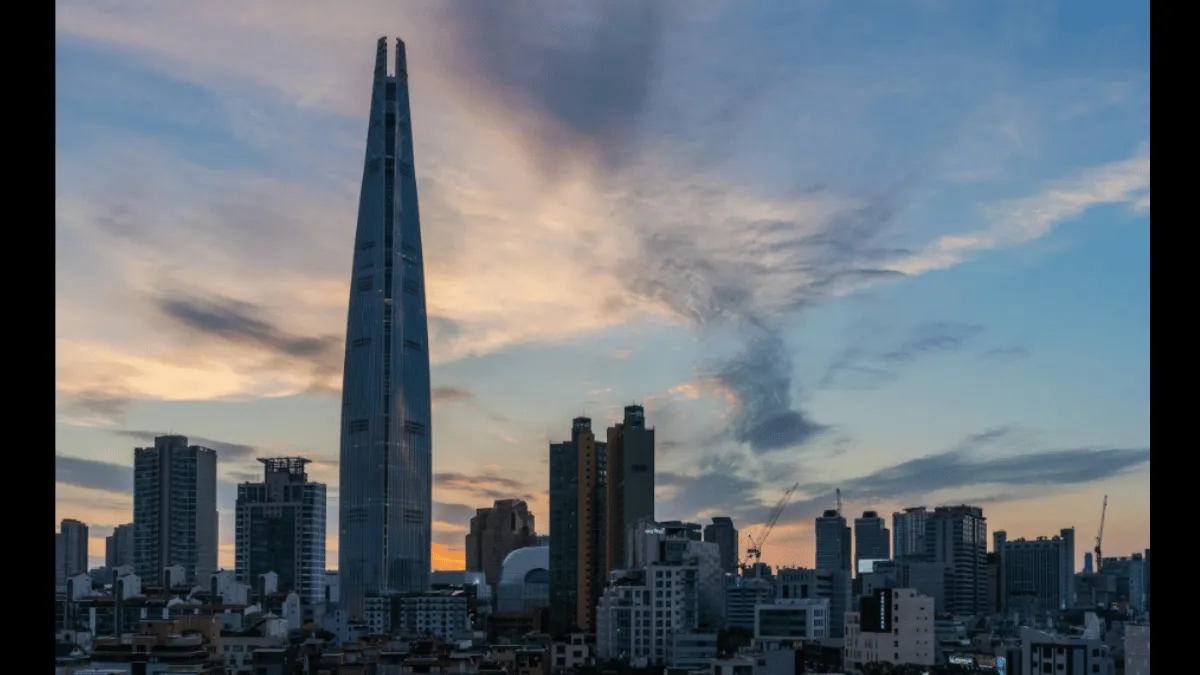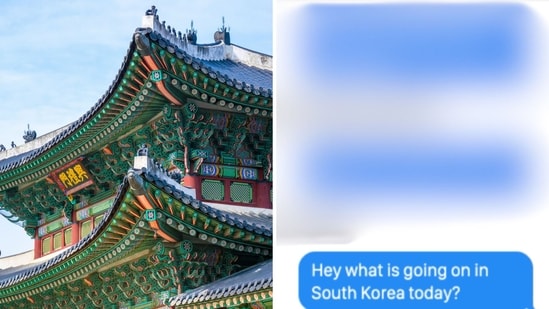In South Korea, the implementation of martial law in 1980 was a key event that shaped the country’s political landscape. On May 17, 1980, after a military coup led by General Chun Doo-hwan, martial law was expanded nationwide. This move was part of Chun’s effort to consolidate his power after a series of student-led protests calling for democratic reforms and the removal of authoritarian rule. Initially, martial law had been imposed in select regions, but following the coup, it was extended across the entire nation, significantly restricting freedoms and civil rights.

Source:- bbc news
The martial law led to the closure of universities, the banning of political activities, and the suppression of media outlets. Public Gatherings were prohibited, except for funerals, and military forces were deployed to crack down on any opposition. One of the most significant incidents during this period was the Gwangju Uprising. Citizens of Gwangju, primarily students and workers, rose up against the oppressive military regime, taking control of the city for several days. The military responded with brutal force, and the uprising was violently suppressed. The Gwangju massacre, in which hundreds of civilians were killed, became a symbol of resistance to authoritarian rule and remains a painful memory for many South Koreans.
Source:- news 18
The aftermath of the martial law and the Gwangju Uprising had a profound impact on South Korea. The event led to widespread public outrage, but it also set the stage for future political reforms. In the years that followed, South Korea would undergo significant political transformations, ultimately transitioning into a democracy. The lifting of martial law and the subsequent democratization process culminated in the election of Kim Dae-jung in 1997, who had been one of the key opposition figures during the martial law era.
For many South Koreans, discussing martial law remains a sensitive and complex issue. The full extent of the military’s actions during this time, particularly the violence in Gwangju, was not fully acknowledged until much later. This delayed reckoning with the past can contribute to unexpected or surprising reactions when the topic arises. The trauma from this period still resonates in South Korean society, and the way it is remembered varies widely depending on one’s personal or political viewpoint.
Overall, martial law in 1980 and the Gwangju Uprising represent a pivotal chapter in South Korea’s history, where the struggle for democracy was met with violent repression, but ultimately led to significant political change and the eventual democratization of the country. The legacy of this period continues to influence South Korea’s political and social landscape today.
Share your views in the comments

